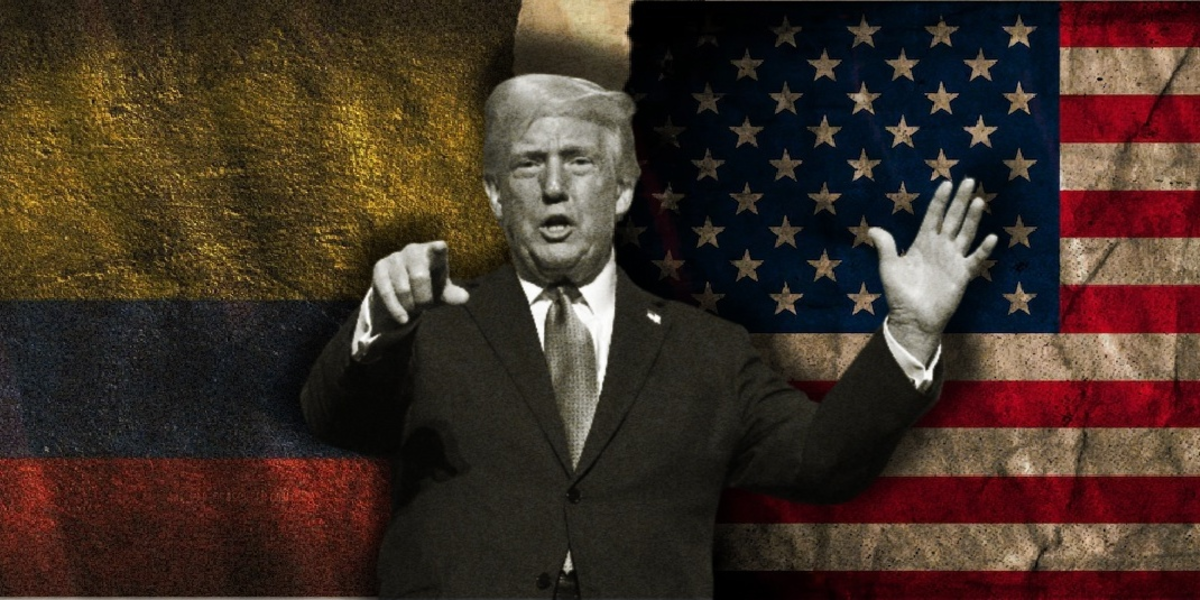Washington strengthens its stance toward President Gustavo Petro’s government
U.S. President Donald Trump announced a new round of tariffs on Colombian exports and the suspension of American aid to the country, citing insufficient action by President Gustavo Petro’s administration to combat drug production and trafficking.
Speaking from Florida, Trump said Colombia “is not fighting the drug trade” and described the nation as “a drug manufacturing machine.” He stated that new tariffs would take effect soon as part of a broader regional strategy to pressure criminal organizations operating in Latin America.
Colombia’s response and diplomatic fallout
President Petro strongly rejected the accusations, defending his administration’s efforts to promote peace and rural development through crop substitution programs. In a social media post, Petro said that “working for peace does not mean being a drug trafficker,” and described Trump’s comments as “disrespectful toward Colombia.”
Colombia’s Foreign Ministry issued a statement calling Trump’s remarks “a direct threat to national sovereignty,” while Defense Minister Pedro Sánchez emphasized that the country has lost many lives in its fight against narcotics and remains fully committed to this mission.
Regional impact and economic implications
The escalating dispute could jeopardize military and security cooperation between both nations. Colombia, long considered Washington’s closest ally in Latin America, has already experienced a decline in U.S. assistance—from over $700 million in previous years to about $230 million in the last fiscal cycle.
The announcement also follows a series of U.S. strikes on suspected drug vessels in the Caribbean, actions that have drawn criticism from Bogotá. Analysts warn that cutting aid and imposing tariffs could weaken Colombia’s institutional capacity to fight armed groups and drug cartels, potentially worsening instability and undermining regional security.







